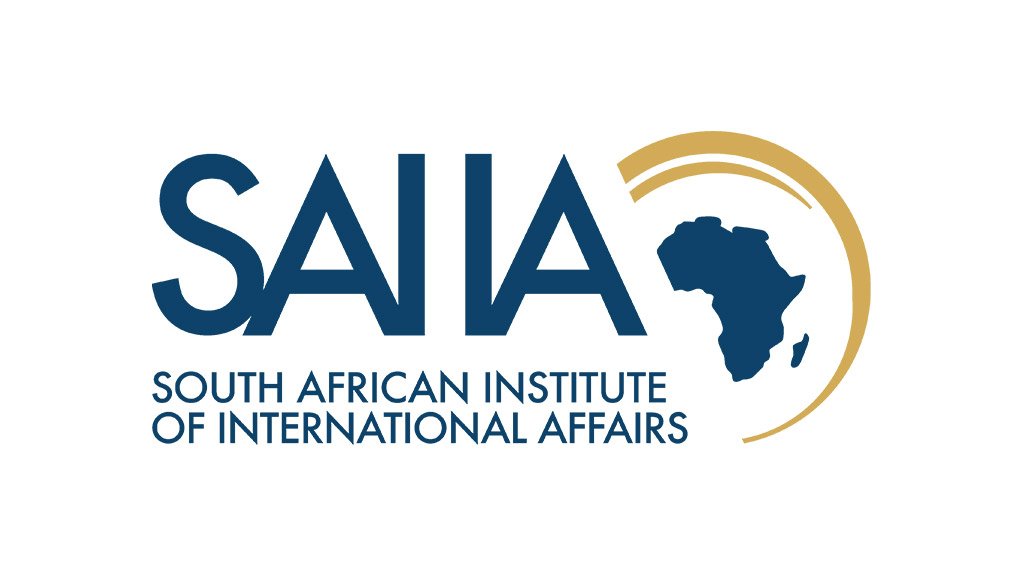In November 2010, little-known Chinese Vice President Xi Jinping gave a speech in South Africa promoting the creation of "a new type of China-Africa strategic partnership for a better future."
While today debt sustainability issues dominate the headlines, back then China was under pressure over trade. African leaders had, often loudly, paired China’s rapacious appetite for the continent’s commodities and return sale of manufactured goods with colonialism.
Hearing their complaints, then Vice President Xi promised his African audience that China would improve the structure of China-Africa trade and seek to both open additional sectors up to trade and identify opportunities to increase exports from African countries.
Some twelve years on, a milestone was reached this month when a Chinese vessel became the first ship to berth at Nigeria’s first deep-water port in Lekki that was financed by the China Development Bank and built by Lekki Port LFTZ Enterprise, a special purpose vehicle owned by a group of investors led by state-owned China Harbour Engineering and Tolaram, a Singapore-based conglomerate, and including local and federal Nigerian governments.
According to Nigerian Ports Authority managing director Mohammed Bello-Koko, the arrival of the megaship from Shanghai was historic, signifying not only Nigeria’s readiness to take trade facilitation a notch higher but also the port’s potential to help optimize the African Continental Free Trade Area, a pact connecting 1.3-billion people across 55 countries that the World Bank believes can transform Africa’s economies.
Just 60 km east of the world’s 15th largest city and Africa’s largest metropolis Lagos, the port will increase its container-carrying potential from 3,000 containers to up to 20,000 containers. It will also allow up to 5 megaships to berth at the same time, putting Nigeria light years ahead of what is presently available in alternative Nigerian ports at Tin Can Island and Apapa.
Unlike some of China’s more economically isolated port investments in, for example, Sri Lanka and Pakistan, in Nigeria there are two globally significant investments ready to take advantage of the new facilities in Lekki.
The oil refining capacity of 650 000 barrels per day in Dangote Group’s Petrochemical Complex will not only meet Nigeria’s demand but also offer a surplus for export. Second, the Dangote Fertilizer Plant, a $2.5-billion urea and ammonia fertilizer plant that was commissioned in March by Nigeria’s President Muhammadu Buhari.
Occupying 500 hectares near to the Lekki Port, the plant is the largest granulated urea plant in Africa and the second-largest globally, and came on stream just as Russia invaded Ukraine, ensuring elevated demand for its outputs.
In the East Asian development tradition, the Lekki Port itself is embedded into the Lekki Free Trade Zone. Offering tax and other incentives, as well as reliable and modern infrastructure, the new port will dramatically reduce the cost of shipping and could change the face of importing to and exporting from Africa’s largest economy.
Lai Mohammed, Nigeria’s Minister of Information and Culture, has said that Lekki will generate more than $201-billion for the government and help Nigeria regain lost maritime business to Togo, Cote d’Ivoire and Ghana. Maritime stakeholders in landlocked Niger, Chad, Burkina Faso and Mali are reported to have recently ceased using Nigerian ports altogether.
In a country where the median age is just 18 and the total fertility rate remains above five births per woman, elevated economic efficiencies and probable net foreign currency-earning investments such as the Lekki Port are timely. It is estimated that around half of Nigerian youths aged 15 to 24 are unemployed, and the country’s economy has been ravaged by Covid.
While automation means that directly the port will create few jobs, the digitization of customs clearance facilities could signal a bigger digital trade and monetary evolution on the horizon. Nigeria leads Africa in the implementation of a digital currency, the eNaira, which was launched in October 2021, just as China’s digital currency leads Asia.
If the economic and demographic giants of Asia and Africa utilize Lekki, and those digital currency moves ultimately give Nigeria the lead on digital-currency-based trade, this may one day be a hub that leads Nigeria’s oil trade with China switch from dollars to yuan.
Neither currency is ready for mainstream internationalization, but digital currencies can be programmed to be limited to an equivalent test between just two countries and restrictive to specific lines of trade.
Africa’s largest economy will soon be home to its first modern, multi-berth, mega-ship-receiving port. The arrival of a mega traditional port, moreover, may also arrive with the arrival of a digital currency-based era of world trade.
The little-known Xi Jinping of 2010, who promised to optimize China-Africa trade, has gone on to oversee a related infrastructure-spending spree that presents new challenges yet also new opportunities for African countries. And in Lekki, the next horizon again may already be emerging.
An era highlighted by the gradual integration of Africa’s economies and the further integration of those economies with China, and where digital currencies will operationalize trade and repayment of Chinese loans via exports that flow through an automated Singaporean-managed deep-water port down the road from Africa’s largest city.
Investors failing to at least flag developments between the economic and demographic giants of Asia and Africa, respectively, may rue the day they missed the boat from Shanghai.
Research by Lauren Johnston, South African Institute of International Affairs
EMAIL THIS ARTICLE SAVE THIS ARTICLE ARTICLE ENQUIRY FEEDBACK
To subscribe email subscriptions@creamermedia.co.za or click here
To advertise email advertising@creamermedia.co.za or click here











